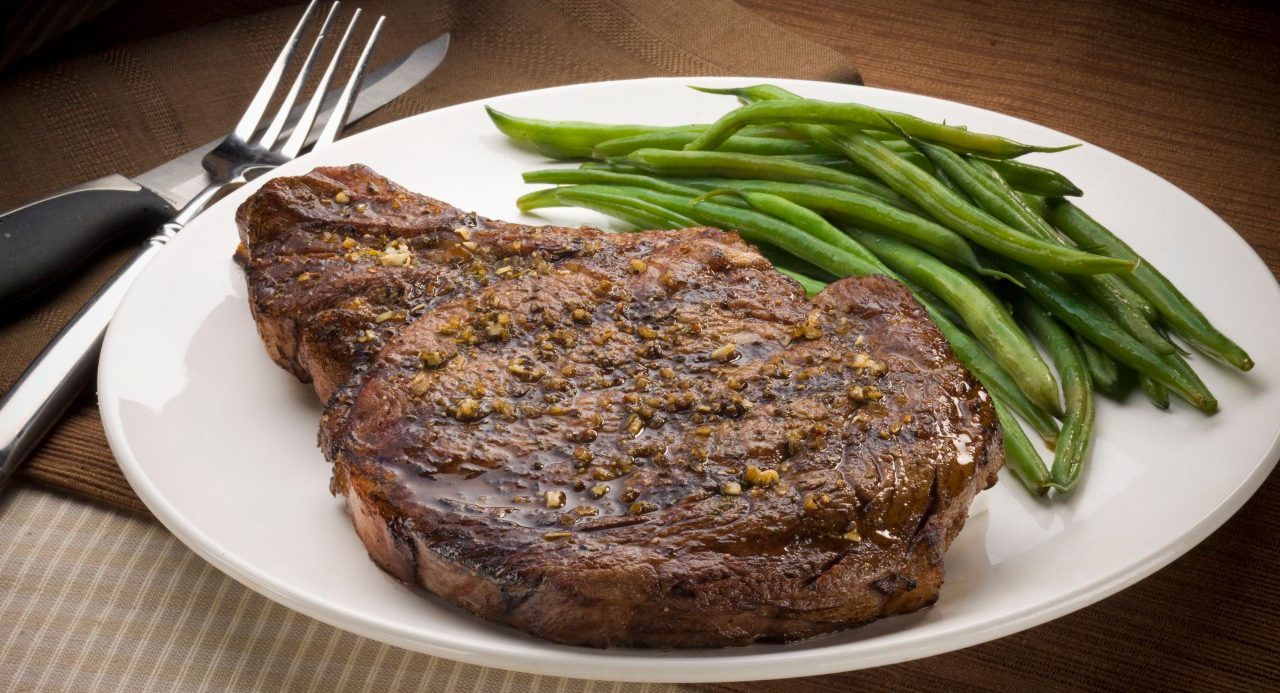Get Ready for Better Fake Meat

As more people eat meat, we need less pricy options.
Americans need to eat more vegetables and fruit and less red and processed meat, according to the official guidelines, although we’ve been cutting back. Meanwhile, the world’s demand for meat is growing especially in China and India, where more people are moving to cities and becoming rich enough not to consider meat a luxury. Africans are beginning to eat more meat as well. Altogether, by 2050 global demand could increase by more than 70 percent.
That’s a problem, considering the high cost of producing meat. When you bite into a burger, you don’t think about how the meat got to your mouth. Farmland uses land needed by wild animals. Epidemic viruses like swine and avian flu arise when we mix people with animals on farms. Current industrial meat production methods are also astonishingly cruel. If you saw the process and thought about it, you probably couldn’t keep your food down.
YOU MIGHT ALSO LIKE: Southern-Style Food Is Dangerous to Your Health
One high-tech solution: create food that tastes like meat and is biologically similar, unlike a typical vegan burger. Researchers have taken animal cells — from either stem cells or embryos — and grown muscle (the flesh we call meat) in the lab. If we could grow lab meat by feeding it algae — something that hasn’t yet happened — we could nearly eliminate the need for new farmland, according to a 2011 study. Of course, we also could just eat algae. But human beings like the taste of meat.
Biotech observers say engineered meat could hit the supermarket in a decade or two. Biophysicist Gabor Forgacs of the University of Missouri tasted his own lab-dish product, put together from a kind of powder with a 3-D printer, at a conference in 2011. Google co-founder Sergey Brin has backed the idea, funding research that led to an online demonstration of a fake hamburger that got pretty good reviews for taste (you had to add butter when you cooked it).
Others aim to take animals out of the food system by moving us toward plant proteins. The California company Impossible Foods promises good-tasting burgers and cheese created from separating out the proteins, fats, and nutrients in plants and remixing them. It plans to launch its burger in 2016: “Veggie burgers are great for those looking for an alternative to conventional meat, but not for true meat-lovers. We are creating uncompromising meats for people who love meat, directly from proteins and other ingredients found in plants. Our burgers will delight and satisfy meat lovers who are looking for the most delicious burger they can buy at the best value. We aim to deliver, without compromise, every pleasure that meat-lovers get from burgers – from the visual appearance and versatility of the raw meat, to the smell and sizzle during cooking, to the ultimate taste and texture of the burger.”
Elsewhere, another project aims to make “real eggs – without hens.”
Then there’s insects, a plentiful protein source. Are you ready for ant stew?
Updated:
April 09, 2020
Reviewed By:
Janet O’Dell, RN